Mobility at European level in the Erasmus + framework is presented for Vocational Training schools as an opportunity that we must take advantage of to favour the inclusion of students with fewer opportunities.
YOUNG PEOPLE WITH FEWER OPPORTUNITIES?
But … What do we mean when we talk about young people with fewer opportunities? And what is even more important … what kind of answers can vocational training schools in Europe offer to their specific needs?
In this increasingly changing Europe, being able to respond in a global way to the needs of our society is not only a right but an obligation that we must accept as Vocational Training providers. When we talk about young people with less opportunities, we refer to all those people who, due to bio-psychosocial issues, need timely or continuous methodological adjustments and resources so that they acquire the necessary socio-personal and technical skills to enjoy a full life.
The European mobility programs offered by Erasmus+ are an opportunity for these young people to put into practice all those skills that have been acquired in the Vocational Training Schools and that need to be developed in a real environment. In addition, the empowering qualities of enjoying a unique experience of living with people from other countries, interacting with companies and acquiring new knowledge all make the mobility a unique and unrepeatable experience that will help in the process of socio-labour integration of young people.
Internationalization and inclusion are two sides of the same coin for Centro San Viator, which entails that there is close interdepartmental collaboration and networking with the department of social innovation, training for employment and the team of teachers who work on a daily basis with young people with fewer opportunities.
This is how the European project Aurrerantz+ was born in 2006, as an innovative plan that sought to respond to the needs of young people with intellectual disabilities, school dropouts, migrants and people at risk of social exclusion. Initially, the project was focused on participation in European projects of social inclusion but gradually resulting in something much more substantial: organizing the mobility of young people to different European countries ourselves.
The experience has shown us, how during their stay abroad, our young students acquire all those skills they need, upon their return, to be able to access the labour market with the maximum guarantees of success. In addition, their level of self-esteem and self-concept improve markedly; feeling able to enter the job market on equal terms with respect to other young people who are also studying at Vocational Training Schools like ours.
It is precisely the Vocational Training schools who must take over and assert that we are part of the solution to the problem of social exclusion and that we have a relevant role in the process of integrating people with less opportunities. Our close relationship with companies, as well as the deep knowledge we have of the skills and competences that must be acquired by these young people to access the labour market, gives us responsibility for removing the barriers that hinder their socio-labour integration.
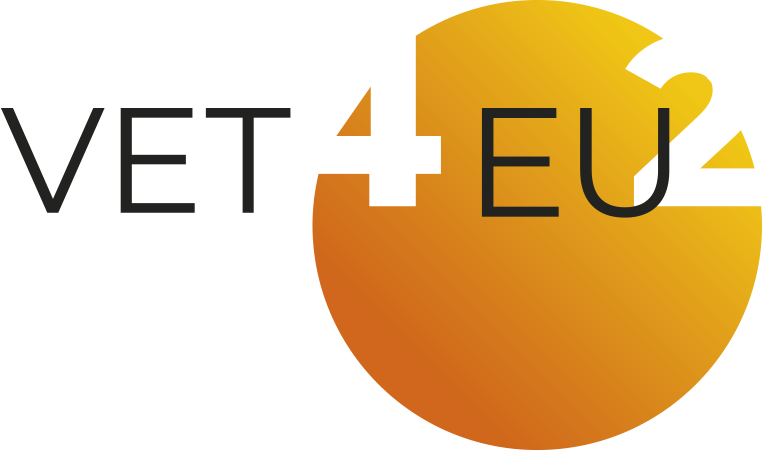
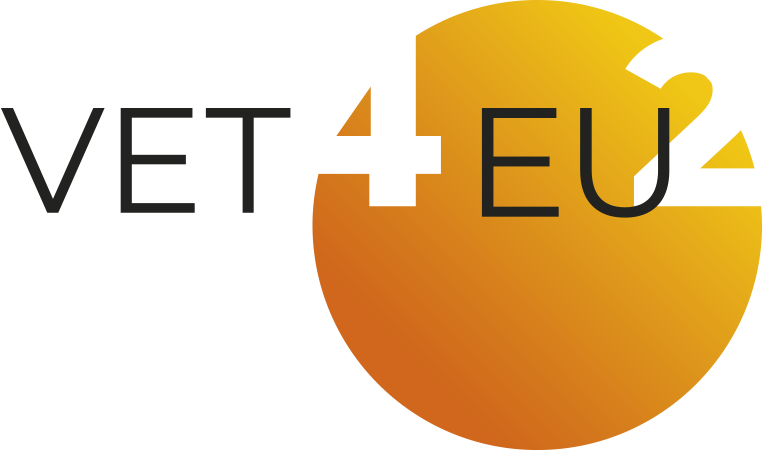

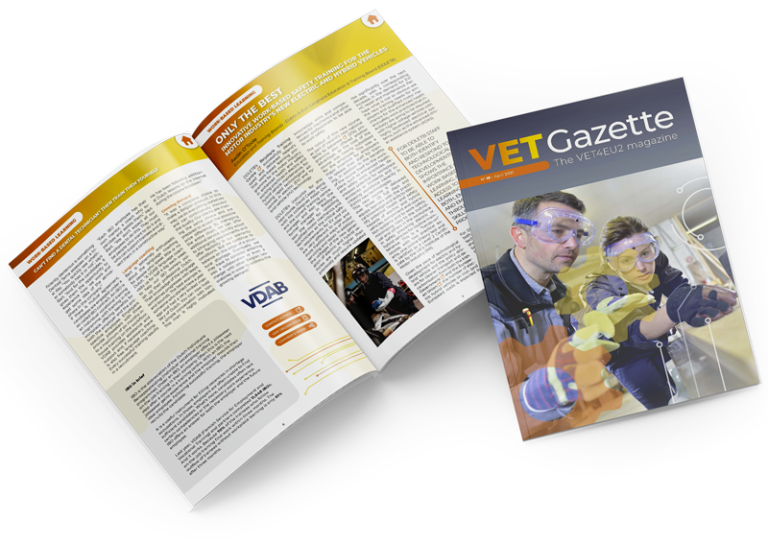
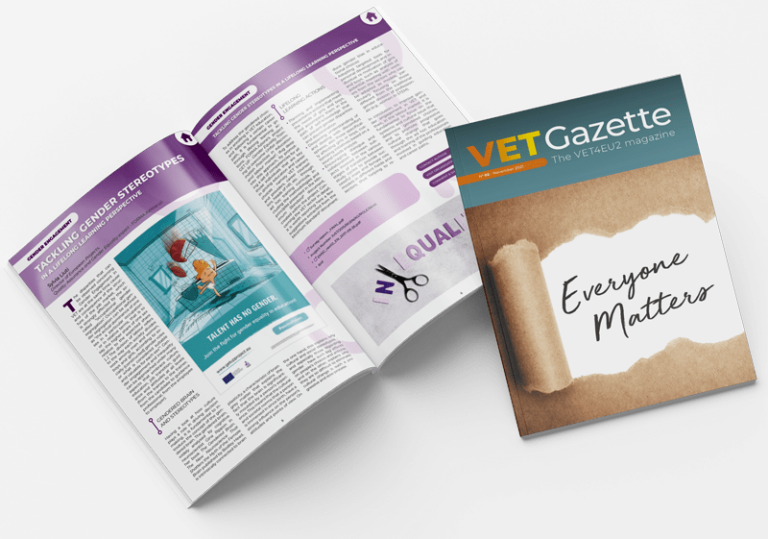
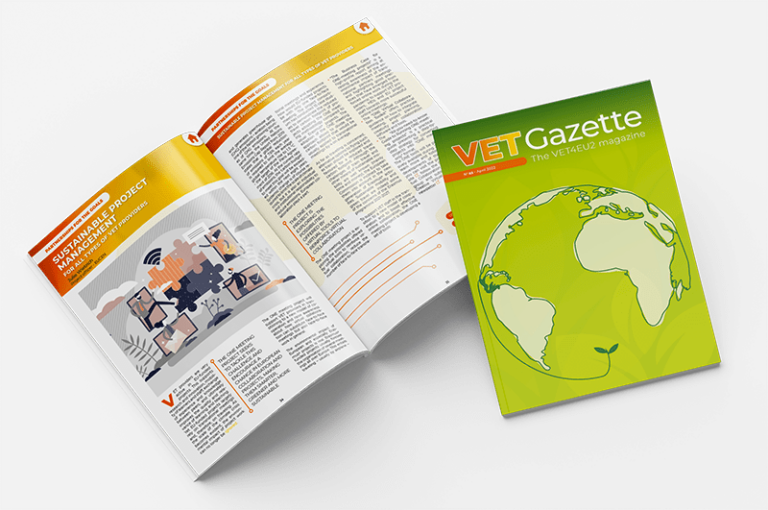
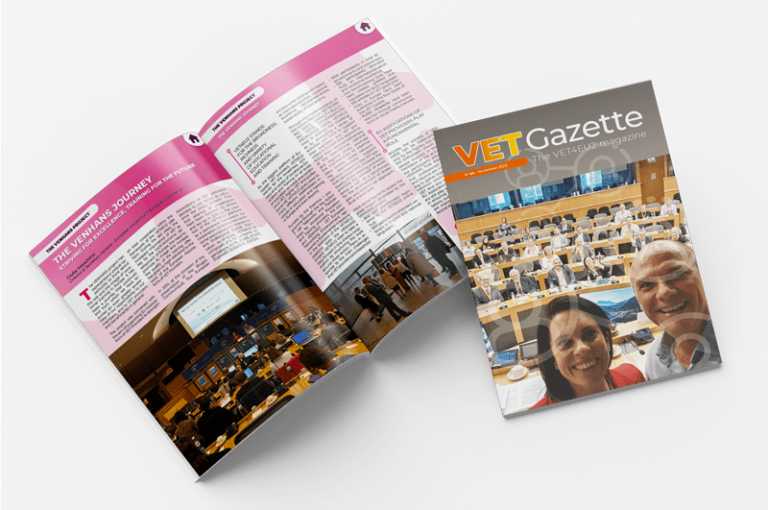

Responses